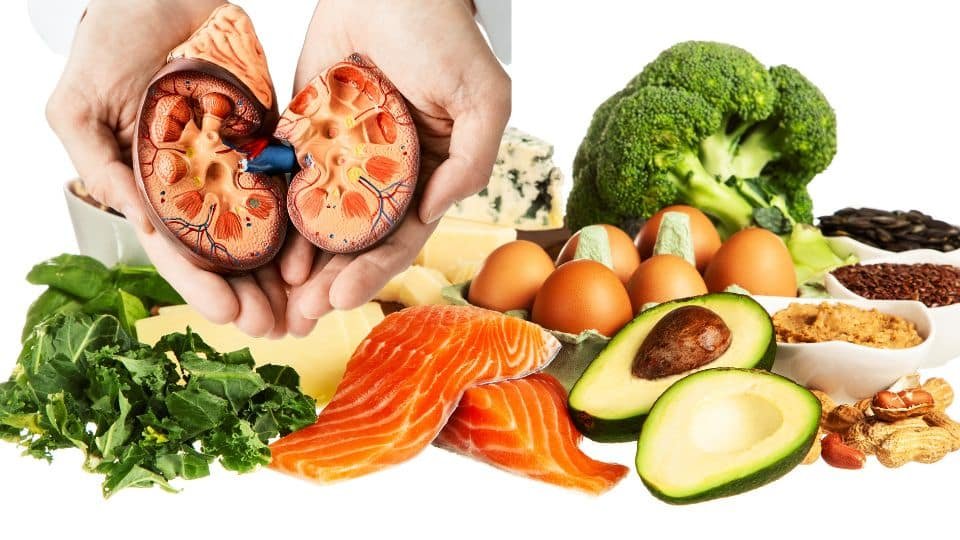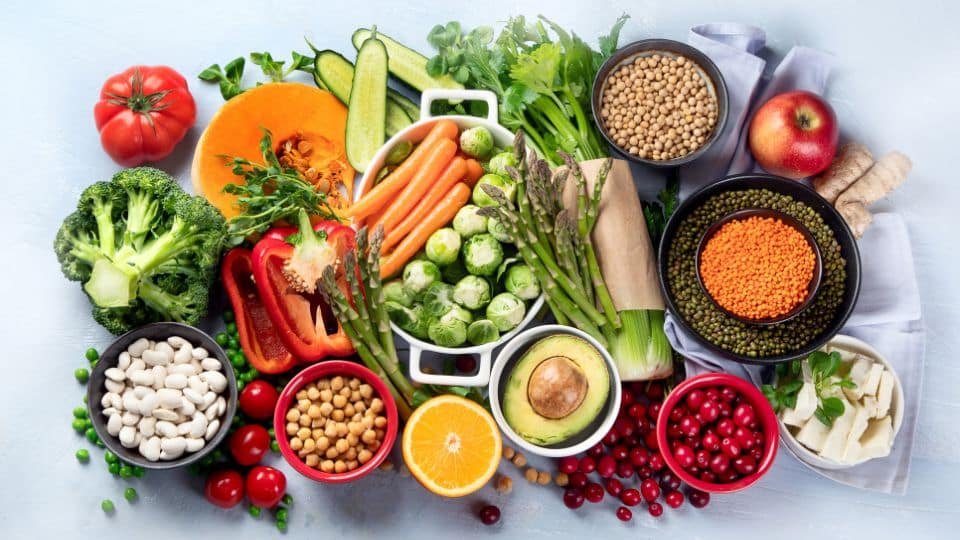Welcome! Today. Following resistance exercise, we discuss the fascinating relationship between BCAAs, carbohydrates, and muscle anabolism. Join us as we delve into a study that sheds light on how our dietary choices impact our body’s response to resistance training and muscle protein synthesis. So, let’s dive right in!
The journey begins with the understanding that exercise alone isn’t the only factor responsible for muscle growth. Nutritional modulation plays a vital role in the muscle anabolic response to exercise, influencing how our bodies build and repair muscle tissue. A landmark study by Tipton and Wolfe in 2001 highlighted the intricate connection between nutrition and muscle protein turnover at a metabolic level.
Now, picture this: our muscles get primed for growth after a grueling resistance workout. Ingesting amino acids, primarily essential amino acids (EAA), sets the stage for muscle protein synthesis (MPS), which underpins muscle growth. The study led by Biolo et al. in 1997 established that ingesting an amino acid source post-exercise stimulates MPS, leading to a positive net muscle protein balance and muscle hypertrophy.
The branched-chain amino acids (BCAA) are here, with leucine taking center stage. BCAAs ignite MPS, as evidenced by both in vitro and in vivo studies. The muscle-building potential of BCAAs, especially leucine, has been demonstrated in human and rodent studies, making BCAA supplementation a popular choice among athletes and clinical populations.
You can also view this article: The Perfect Exercise Combo for Heart Health: Half-Cardio, Half-Strength Training!
But here’s the twist: while BCAA supplementation alone can enhance the post-exercise muscle protein synthesis response, studies have questioned its sustainability during recovery. The early stages show promise, yet the answer seems to dwindle as time progresses. The idea of insufficient EAA availability during later recovery stages has been proposed as a cause for this drop in anabolic response.
Enter carbohydrates, another player in this intricate dance. Carbohydrate ingestion post-exercise isn’t just about replenishing muscle glycogen; it also triggers the release of potentially anabolic hormones like insulin. A study by Borsheim, Cree, et al. in 2004 revealed that carbohydrate supplementation can elevate muscle protein synthesis rates during recovery from resistance exercise.
The intriguing question arises: What happens when we combine BCAAs and carbohydrates? Could the synergy between these elements lead to an even more robust muscle anabolic response? Surprisingly, while studies have suggested that adding carbohydrates might limit amino acid availability for muscle protein synthesis, no study has examined the effects of co-ingesting BCAAs and carbohydrates following exercise—until now.
Our spotlight falls on a groundbreaking study that sought to answer this question. Researchers aimed to determine how adding BCAAs to carbohydrate ingestion after resistance exercise impacts muscle anabolism. Their concern centered around the potential reduction in amino acid availability due to increased insulin concentrations from carbohydrate ingestion.
The study’s findings are compelling. Drumroll, please! Adding BCAAs to carbohydrate ingestion stimulates myofibrillar protein synthesis (MyoPS) more than carbohydrates alone. Combining BCAAs and carbohydrates post-exercise supports higher muscle protein synthesis rates, laying the foundation for enhanced muscle growth.
As we wrap up our journey through the nexus of nutrition, exercise, and muscle growth, we’re left with a resounding realization: our dietary choices are more powerful than we might have imagined. Combining BCAAs and carbohydrates isn’t just a buzz in the fitness world—it’s a scientific breakthrough that amplifies the muscle anabolic response to resistance exercise.
So, whether you’re an athlete seeking to optimize your performance or someone on a journey to a healthier, stronger you, remember that your plate is as influential as your workout routine. This study provides us a glimpse into the intricate mechanisms that drive muscle growth, inviting us to harness the potential of nutrition to build a more resilient, muscular future.
Glossary:
- Nutritional Modulation: The influence of dietary choices on physiological processes in the body, particularly in this context, how nutrition affects muscle protein turnover in response to exercise.
- Physiological Processes: Biological activities and functions that occur within living organisms.
- Muscle Anabolism: The process of building and repairing muscle tissue. Anabolic processes involve the synthesis of new molecules and structures, such as proteins, within muscle cells.
- Muscle Protein Turnover: The balance between muscle protein synthesis (building new proteins) and muscle protein breakdown (breaking down existing proteins). It’s a critical factor in determining muscle growth or loss.
- Amino Acids: The building blocks of proteins. Essential amino acids (EAA) are those that cannot be synthesized by the body and must be obtained through the diet.
- Muscle Protein Synthesis (MPS): The process by which muscle cells create new proteins, essential for muscle growth and repair.
- Muscle Hypertrophy: The enlargement of muscle fibers due to increased protein synthesis and muscle cell growth.
- Branched-Chain Amino Acids (BCAA): Amino acids with a specific molecular structure that includes branched side chains. The three BCAAs are leucine, isoleucine, and valine.
- Leucine: A specific branched-chain amino acid that plays a significant role in stimulating muscle protein synthesis.
- Myofibrillar Protein Synthesis (MyoPS): The specific process of synthesizing proteins within the myofibrils of muscle cells, contributing to muscle growth and strength.
- Carbohydrate (CHO): A macronutrient that provides energy. In this context, carbohydrate ingestion is recommended to replenish muscle glycogen stores after exercise.
- Glycogen: A form of stored glucose in the muscles and liver, which can be broken down to provide energy during exercise.
- Anabolic Hormones: Hormones that promote growth and the building of tissues, including muscle. Insulin is an example of an anabolic hormone.
- Insulin: A hormone produced by the pancreas that regulates blood sugar levels and can also stimulate protein synthesis.
- Synergy: The interaction or cooperation of two or more elements to produce a combined effect more significant than the sum of their separate effects.
- Insulin Concentrations: The levels of insulin present in the bloodstream. Higher concentrations can be triggered by carbohydrate consumption.
Journal Reference:
Co-Ingestion of Branched-Chain Amino Acids and Carbohydrate Stimulates Myofibrillar Protein Synthesis Following Resistance Exercise in Trained Young Men. Jackman, Sarah R.; Wallis, Gareth A.; Yu, Jinglei; Philp, Andrew; Baar, Keith; Tipton, Kevin D.; Witard, Oliver C. Less, International journal of sports nutrition and exercise metabolism, 01 Jul 2023, Vol. 33, Issue 4, pages 189 – 197, DOI: https://doi.org/10.1123/ijsnem.2023-0015



 By
By










